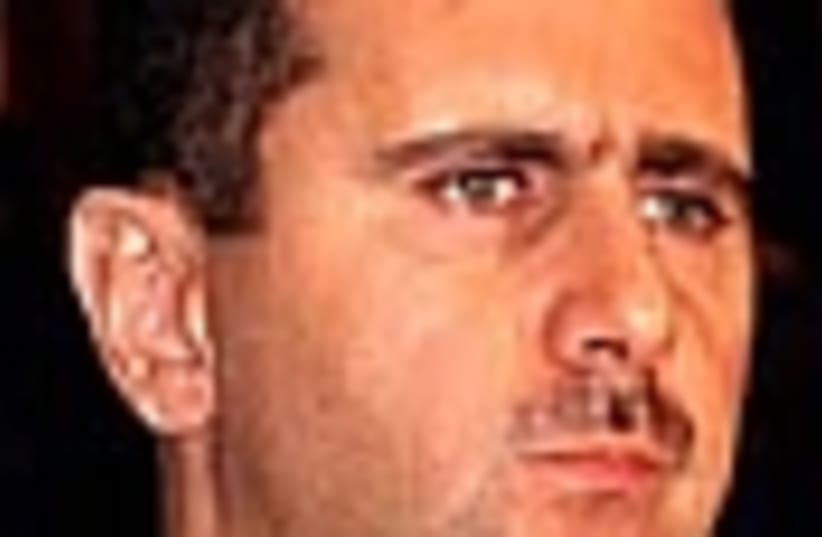| More about: | Syria, Washington, D.C., Damascus, Mossad |
Syria's 'heretical dissident' blasts his 'stupid' president
The once Islamic fundamentalist turned pro-democratic liberal becomes outspoken gov't critic.


| More about: | Syria, Washington, D.C., Damascus, Mossad |